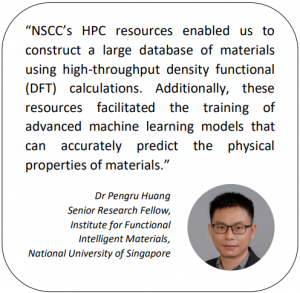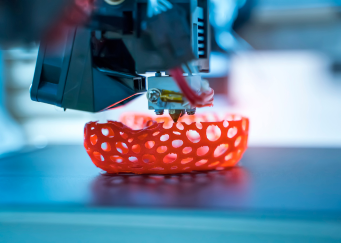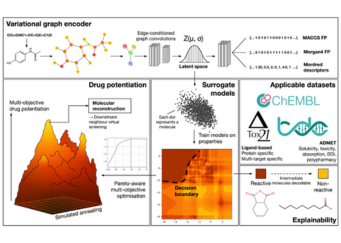Researchers from NUS utilise high performance computing resources to accelerate the discovery and development of new materials.
The development of novel functional materials has led to numerous technological breakthroughs and advancements, such as the development of high-performance batteries, flexible electronics, advanced sensors, and quantum computers. As technology continues to evolve, the demand for new and innovative materials with unique properties and functions will only continue to grow. The ability to modify the physical properties of materials and design them with on-demand characteristics is crucial for advancing technology.

The design space for nanomaterials is vast, and traditional trial-and-error methods can be time-consuming and inefficient. For most devices and technologies, the careful design of material properties through methods such as alloying, creating heterostructures or composites, or controlled introduction of defects is necessary. However, the potential configuration space of such design elements can be extremely large, making it impractical to explore each possibility one by one.
Therefore, a team of researchers from the National University of Singapore’s Institute for Functional Intelligent Materials are tapping onto the computational power of NSCC’s resources to carry out high-throughput first-principle calculations, resulting in the generation of a large database of materials. They will then structure the datasets and construct descriptors and representations before applying state-of-the-art machine learning methods to train models that can predict the physical properties of materials based on the input data. This will ultimately allow them to accelerate the discovery and development of new materials with desired properties.
To find out more about the NSCC’s HPC resources and how you can tap on them, please contact [email protected].
NSCC NewsBytes April 2023
Other Case Studies
Using Digital Twin Technology to Optimise the Industrial 3D Printing Process
Researchers from the Institute of High-Performance Computing (IHPC) are utilizing supercomputers to create a digital twin that furnishes users with comprehensive information...
Accelerating electric vehicles research through HPC
Researchers from A*STAR IHPC leverage supercomputing resources to improve the performance of lithium-ion battery technology With the ever-increasing demand in energy storage...
Advancing Drug Discovery Research using NSCC HPC resources
Researchers from Nanyang Technological University (NTU) are applying variational graph encoders as an effective generalist algorithm in computer-aided drug design (CADD)....


